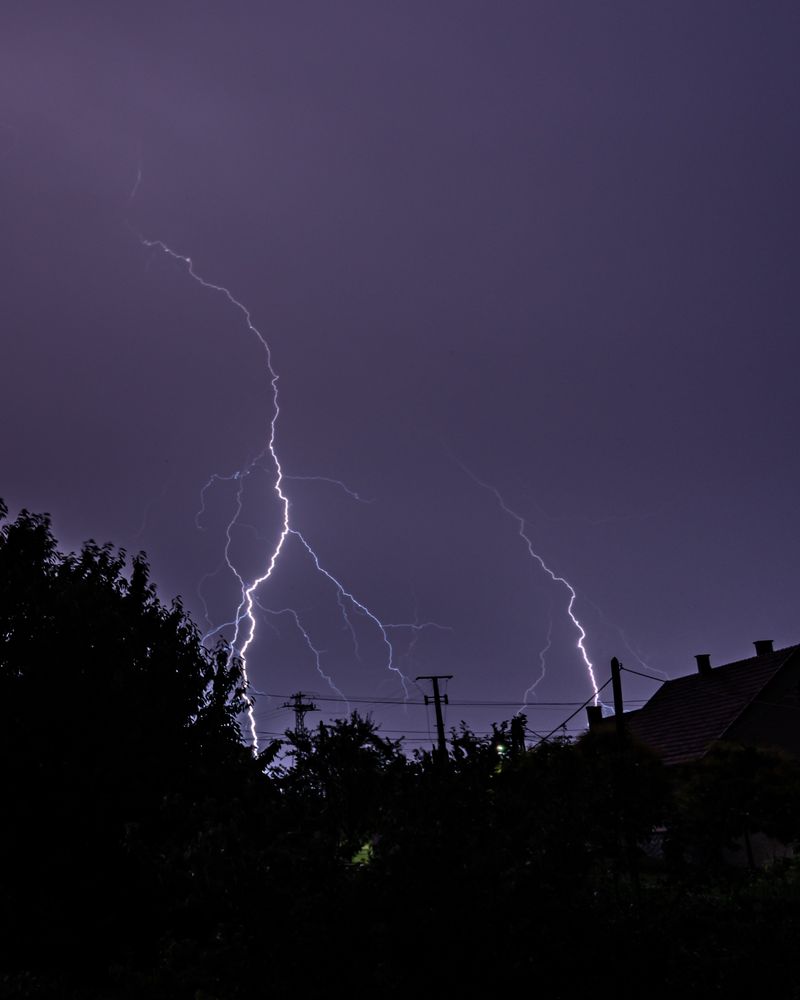Rain Forces Postponement of NASCAR Cup Series Race
Michigan International Speedway was hit by rain on Sunday, forcing the remainder of the NASCAR Cup Series race to be postponed to Monday. The FireKeepers Casino 400 had initially started after a delay caused by a rain shower, but more rain dampened the 2-mile oval, bringing the field to a halt. With rain persisting and daylight waning, race officials decided to schedule the race to resume on Monday at noon ET.
Current Race Standings
After completing 74 of the scheduled 200 laps, Tyler Reddick, driving the No. 45 23XI Racing Toyota, is scored as the race’s leader. In second place is Alex Bowman in the No. 48 Hendrick Motorsports Chevrolet, who has led for 19 laps. Kyle Larson sits in third place, followed by Martin Truex Jr. in fourth and Erik Jones, a Michigan native, in fifth. Truex, the Cup Series points leader, has claimed his fourth stage win of the year in Stage 1 and has led the most laps so far.
Crashes and Retirements
Four drivers have already retired from the event due to crashes. Kyle Busch, Chase Elliott, William Byron, and Josh Berry have all exited the race. Berry, who is a regular in the Xfinity Series, was substituting for the suspended Noah Gragson in the No. 42 Legacy Motor Club Chevrolet.
Remaining Races and Playoff Field
The Michigan race is the 23rd out of a scheduled 36 races on the Cup Series calendar. There are four races remaining before the 16-driver playoff field is determined. The stakes are higher than ever as drivers compete for a chance to secure their spot in the playoffs. Every race becomes crucial in determining who will move forward in the pursuit of the Cup Series championship.
Editorial: The Unpredictability of Mother Nature
Once again, rain has intervened in a highly anticipated NASCAR race, disrupting the plans of drivers, teams, and fans. This unforeseen turn of events serves as a reminder of the unpredictable nature of Mother Nature and the impact it can have on the world of sports. While rain delays have become a common occurrence in many outdoor sports, they add a layer of uncertainty that can challenge both the athletes and the organizers.
In NASCAR, rain poses unique challenges due to the nature of the races. Unlike sports like soccer or tennis, where matches can be paused and resumed relatively quickly, NASCAR races require optimal track conditions for racing to ensure the safety of the drivers. Rain can create slippery surfaces and limited visibility, making it impossible to continue the race. This necessitates patience and flexibility from everyone involved, as they wait for the rain to subside and the track to dry.
Implications for Teams and Drivers
For teams and drivers, rain delays are more than just a disruption to their schedules. They can impact the performance of the cars and the strategies employed during the race. With changing track conditions, teams must adapt their setups and tire choices to maximize their chances of success. This adds an extra layer of complexity to an already intense and competitive sport, leaving room for unexpected outcomes and upsets.
Furthermore, rain delays also test the mental resilience of the drivers. The uncertainty and long waiting periods can be mentally draining, requiring them to stay focused and prepared to jump back into action at a moment’s notice. The ability to stay calm and composed during such situations can make a significant difference in a driver’s performance and ultimately influence the outcome of the race.
Advice for NASCAR and Track Officials
Given the recurring occurrence of rain delays in NASCAR races, it is crucial for NASCAR and track officials to consider additional measures to minimize the impact of weather disruptions. This could involve investing in advanced weather prediction systems to anticipate rain patterns more accurately and make informed decisions regarding race schedules.
Moreover, NASCAR and track officials could explore the possibility of implementing adjustable track surfaces that have enhanced drainage systems. This would allow races to resume more quickly after rain showers, reducing the downtime and providing fans with a more consistent race experience.
It is also important to keep fans and spectators informed and engaged during rain delays. Utilizing technology and broadcasting platforms, officials can provide updates, interviews, and behind-the-scenes content to keep fans entertained and connected to the event. By doing so, NASCAR can turn rain delays into an opportunity to enhance the overall fan experience and encourage continued engagement with the sport.
Conclusion
The rain delay at Michigan International Speedway serves as a poignant reminder of the intricate relationship between sports and the forces of nature. While rain delays in NASCAR races can be frustrating for all parties involved, they are an inherent part of the sport and must be approached with adaptability and resilience.
As NASCAR continues to embrace innovation and make advancements in technology and infrastructure, it is our hope that the impact of rain delays will be mitigated, allowing for more consistent and uninterrupted races. Until then, teams, drivers, and fans must remain patient and understanding, appreciating the unique challenges that come with the unpredictable dance between man and nature on the racetrack.

<< photo by Nikolett Emmert >>
The image is for illustrative purposes only and does not depict the actual situation.
You might want to read !
- “Revving Up in the Windy City: Live Coverage from NASCAR’s Street Race in Chicago”
- Chicago Speed: A Thrilling Recap of NASCAR’s Street Race Spectacle
- “NASCAR’s Suspension of Chase Elliott Stokes Controversy: A Closer Look”
- Denny Hamlin Claims Victory in NASCAR Cup Series Race at Pocono
- Breaking Down the Exciting Announcements from the August 2023 Pokémon Presents
- Tornado Watches: Bracing for Severe Storms Sweeping Across…
- Penalty Drama Unfolds as England Prevails Against Nigeria
- Editorial Exploration: The impact of rain on NASCAR races and the challenges it poses for organizers and drivers.
- “From Rain Delay to Green Flag: What to Expect from Today’s NASCAR Coca-Cola 600”




